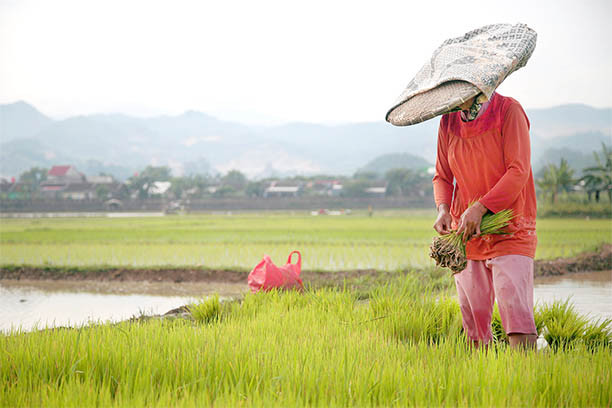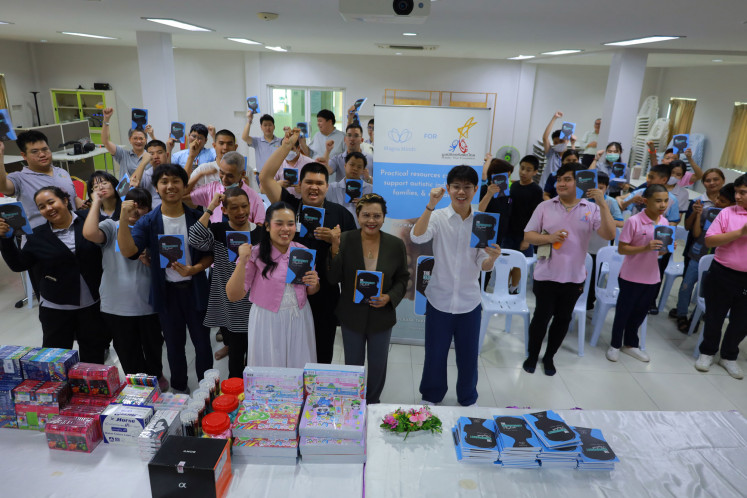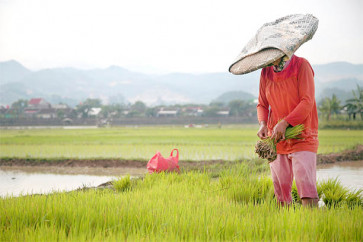Popular Reads
Top Results
Can't find what you're looking for?
View all search resultsPopular Reads
Top Results
Can't find what you're looking for?
View all search resultsImproving crop production for sustainable agriculture
There is still a lot of room for improvement to increase production in Java.
Change text size
Gift Premium Articles
to Anyone
I
ndonesia’s agriculture industry represents almost 14 percent of the country’s gross domestic product (GDP) with almost 33 percent of the labor force working in the industry. It is no surprise then that Indonesia’s economy is heavily reliant on agriculture. Furthermore, the well-being of the Indonesian people is also directly affected by crop production such as rice, maize and soybean, which are the main sources of nutrition for domestic demand.
Thus, managing sustainable production should be a priority for the government to promote the overall well-being of the people. But there are problems that need to be addressed to be able to sustainably manage crop production for a better overall Indonesian economy.
The first problem is the fact that land use for rice crops has significantly decreased over the years.
According to Statistics Indonesia (BPS), Indonesia’s rice fields have declined by up to 23 percent since 2015, from an area of over 13.8 million hectares to only 10.6 million ha by 2022. Meanwhile, production has also significantly declined since 2015 by almost 26 percent from a production of 75 million tonnes to now only 55 million tonnes in 2022.
Although Indonesia has not had any major issues regarding availability, shown by the low import of rice, we still need to anticipate increasing demand caused by population growth and normalization from the pandemic.
Secondly, Indonesia still relies heavily on the import of other commodities. Domestic consumption of primarily imported commodities such as soybean, maize, wheat and groundnuts remains high.
To be more secure in the face of global turbulence, the government should aim to either improve the production of these commodities or find substitutes for them. Commodities that Indonesia are still heavily reliant on consist of crops such as soybean, with imports worth US$1.5 billion in 2021, maize worth $297 million in 2021, groundnuts worth $357 million in 2021 and wheat worth $3.5 billion in 2021.


















